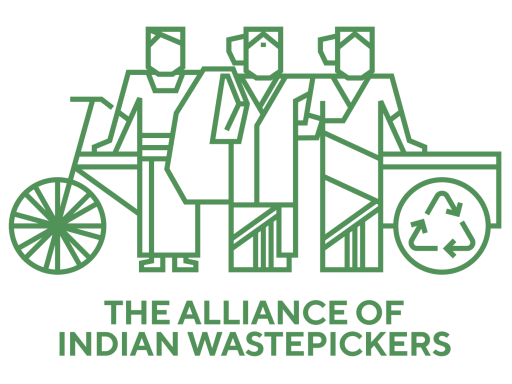Extended Producer Responsibility (EPR) is a relatively new concept that has gained traction in India as a means to enhance the management of plastic waste. EPR places the responsibility for a product’s entire lifecycle squarely on the shoulders of commercial waste producers. On the surface, EPR seems to hold great promise, offering numerous potential benefits for waste pickers.
Given that EPR significantly impacts plastic waste management, which is central to waste pickers’ livelihoods, the Alliance of Indian Waste Pickers (AIW) undertook a study to examine the engagement of waste picker organisations with EPR in India. The alliance strongly believes that understanding the perspectives of waste pickers and other informal actors is essential as they are key stakeholders in the recycling chain. Unfortunately, they have been overlooked in the EPR guidelines and other policies in India, leading to their invisibility.
The study conducted between February and March 2022 was influenced by the report that the International Alliance of Waste Pickers (IAWP) created to illustrate their position on EPR in October 2021. The Alliance of Indian Waste Pickers (AIW) aims to gain a comprehensive understanding of the specific difficulties encountered by waste pickers in relation to EPR implementation, with a focus on urban areas of India. This report delves into the practical implementation of EPR and its profound impact on the lives and livelihoods of waste pickers, shedding light on critical issues and the real-world implications of EPR in India. Additionally, the study seeks to evaluate the current level of integration of waste pickers within the Extended Producer Responsibility framework.

